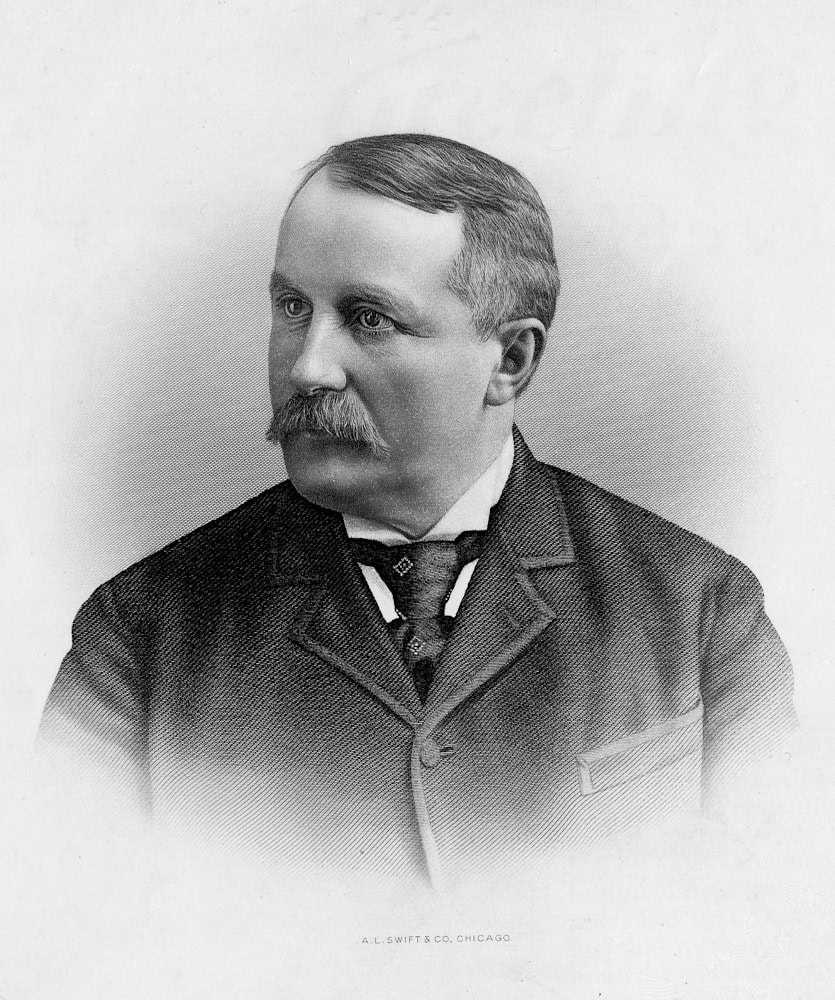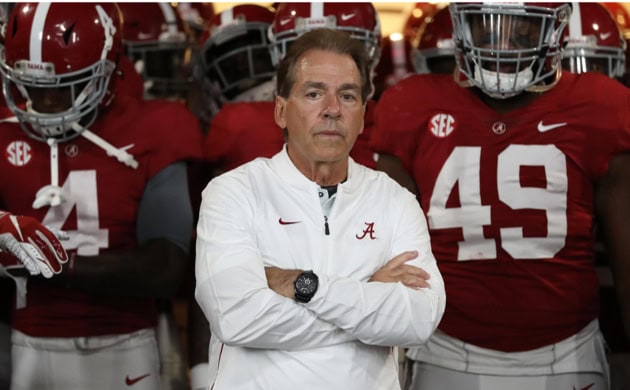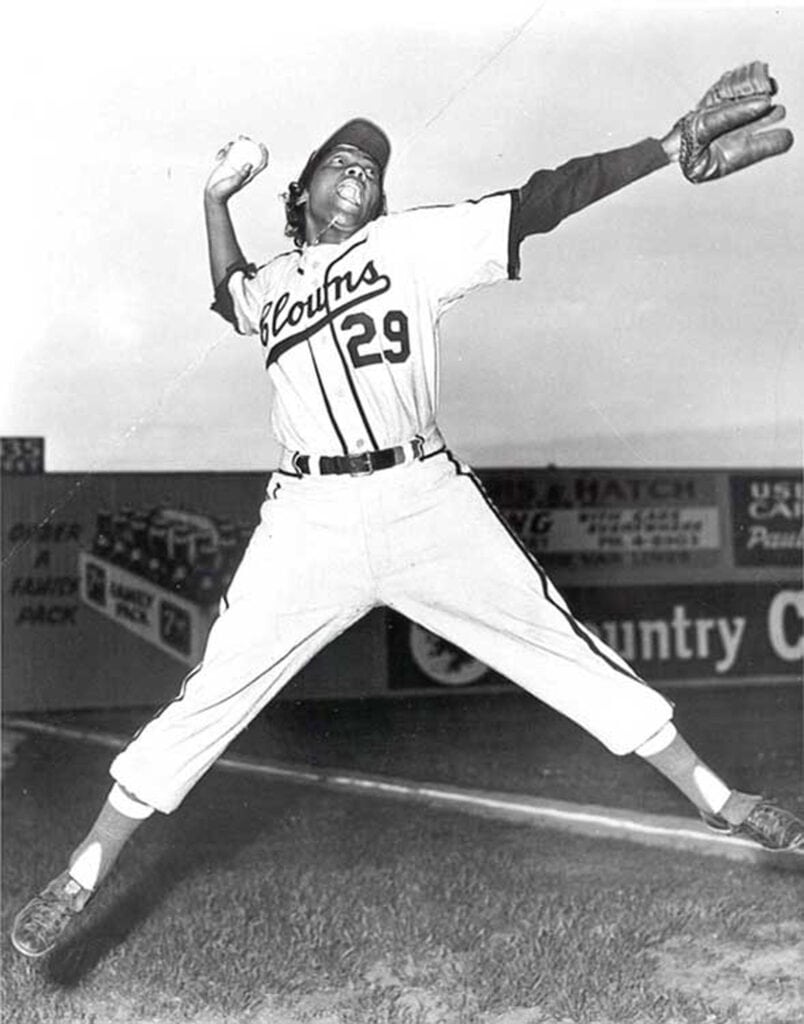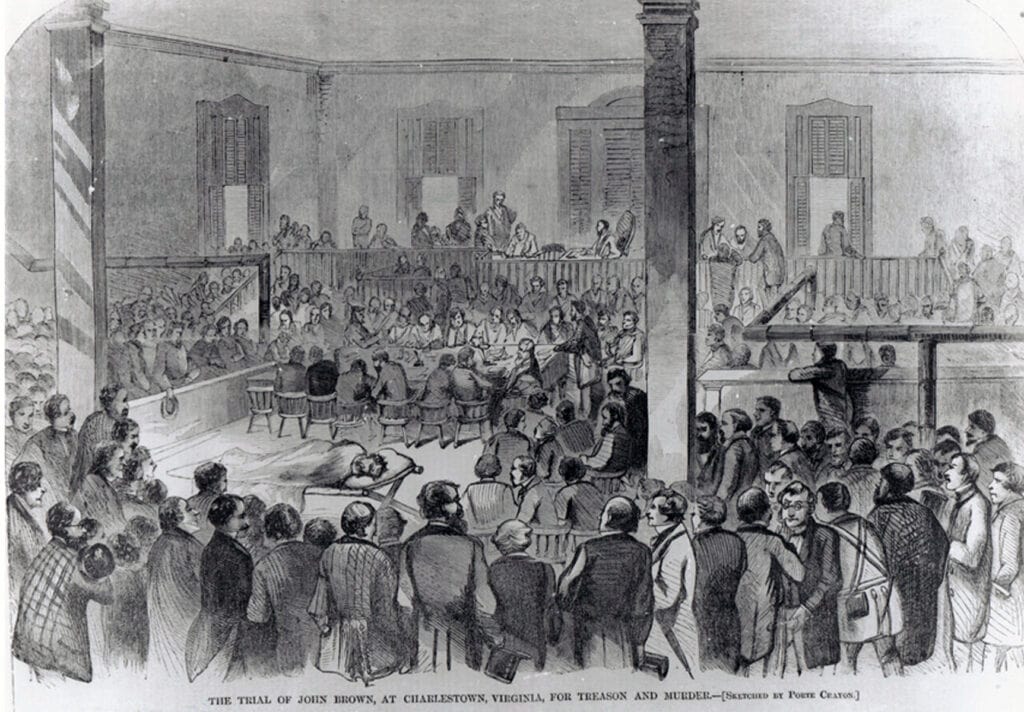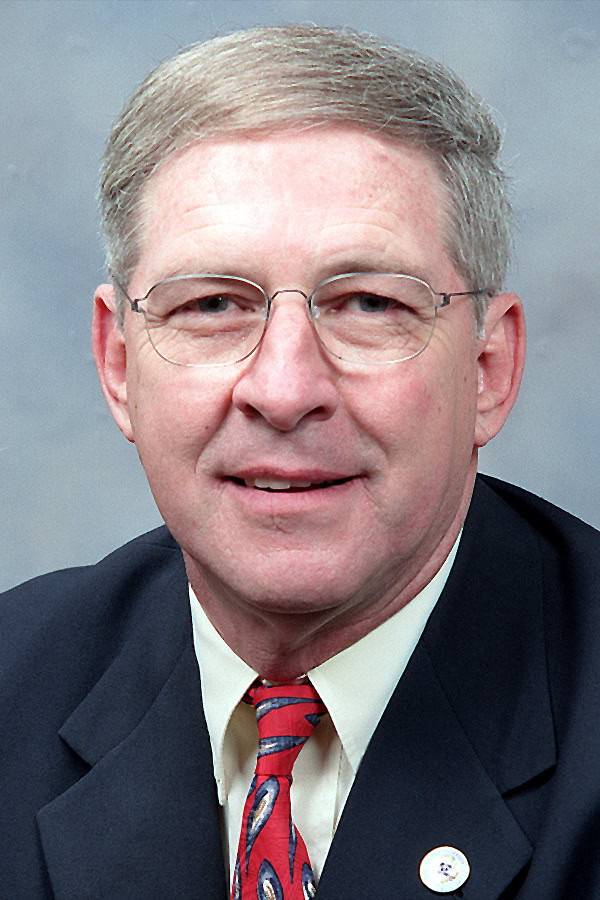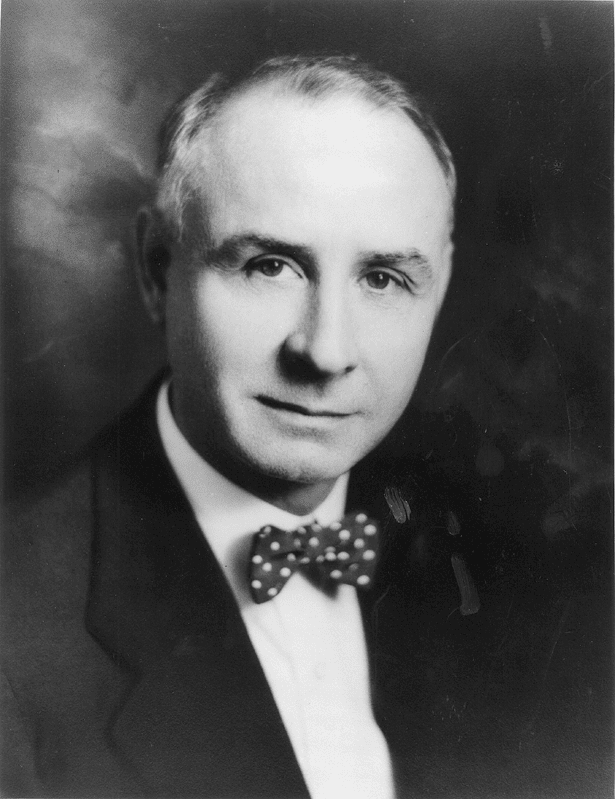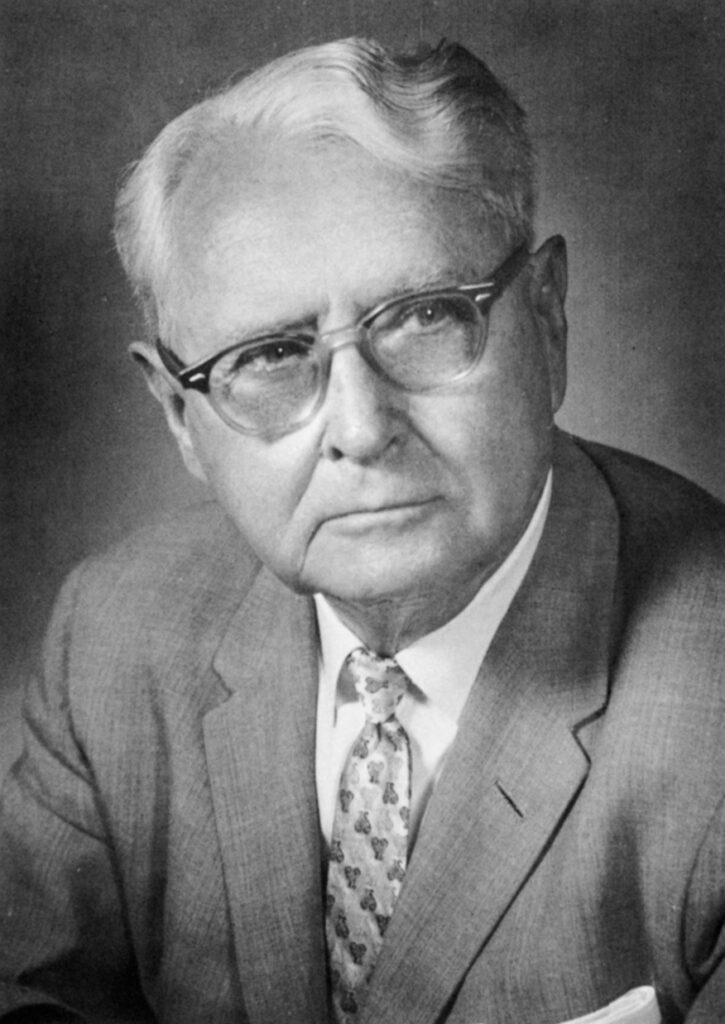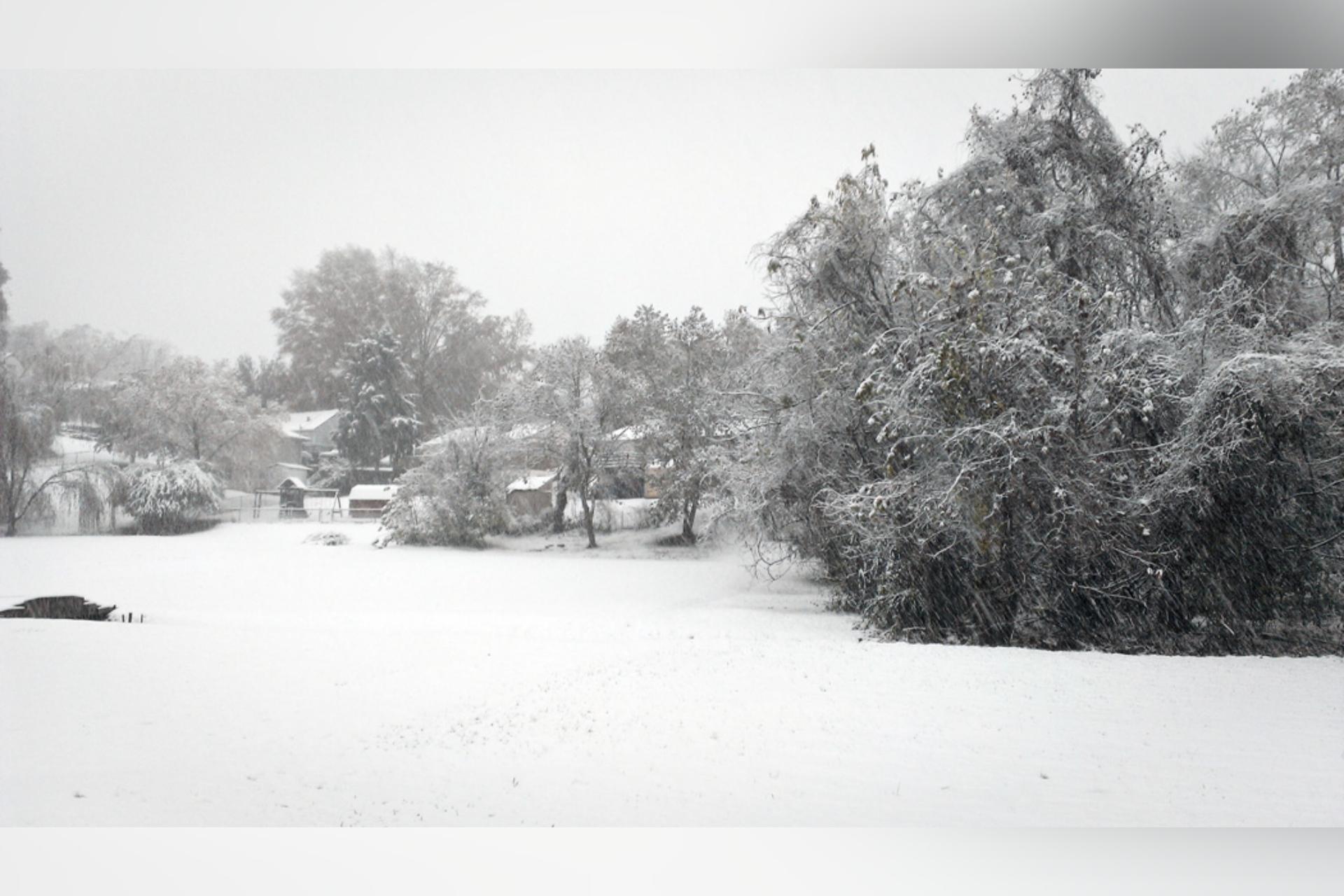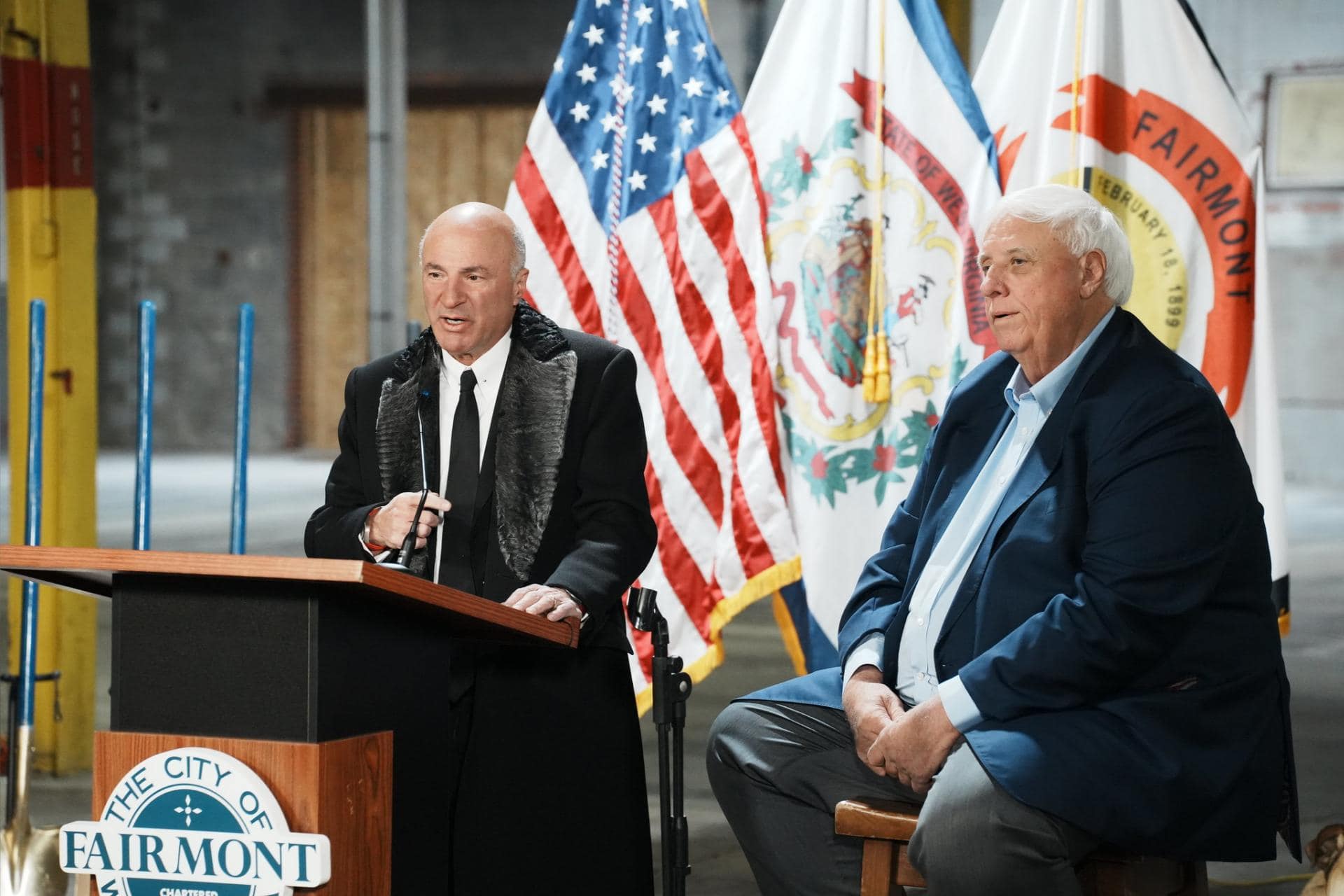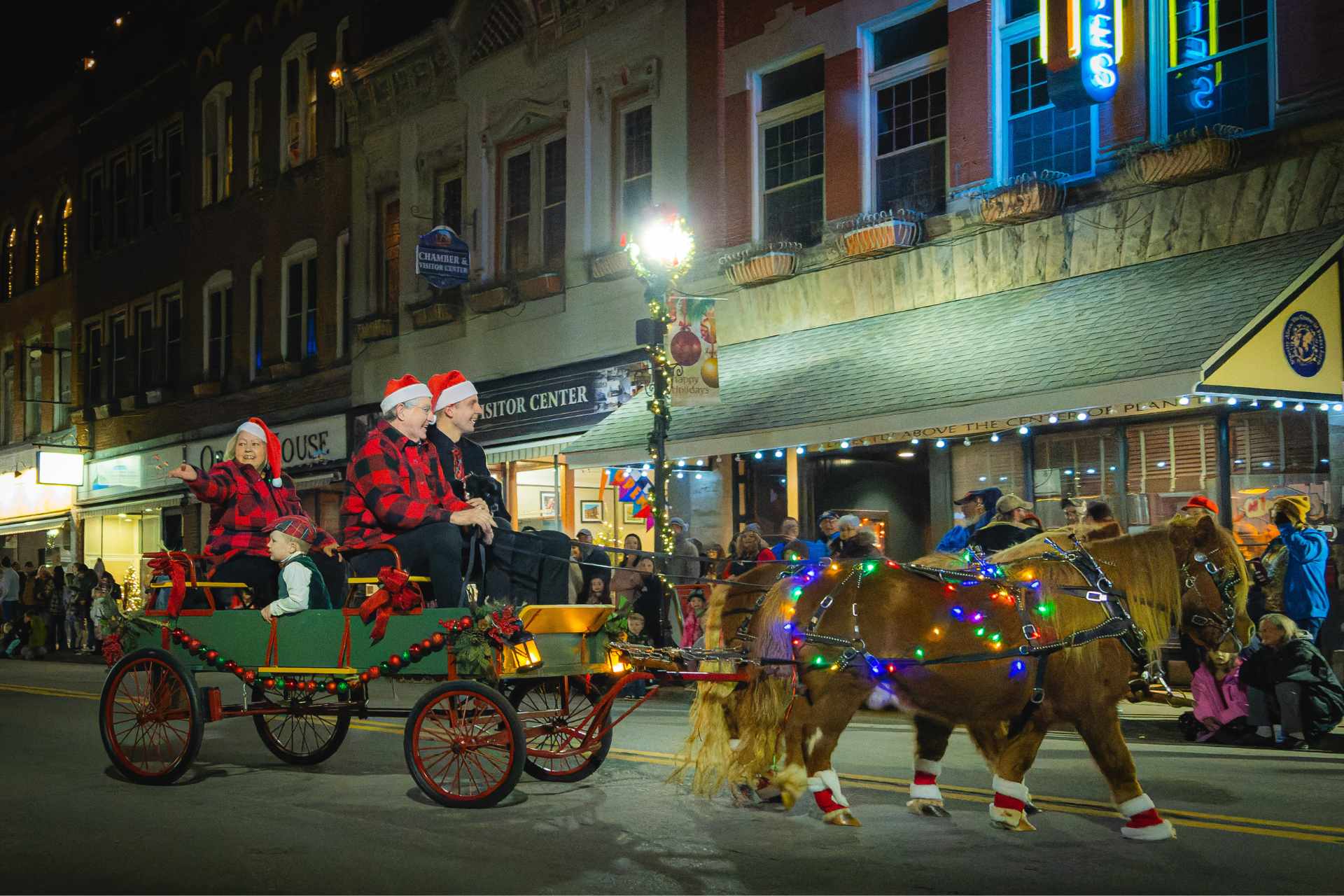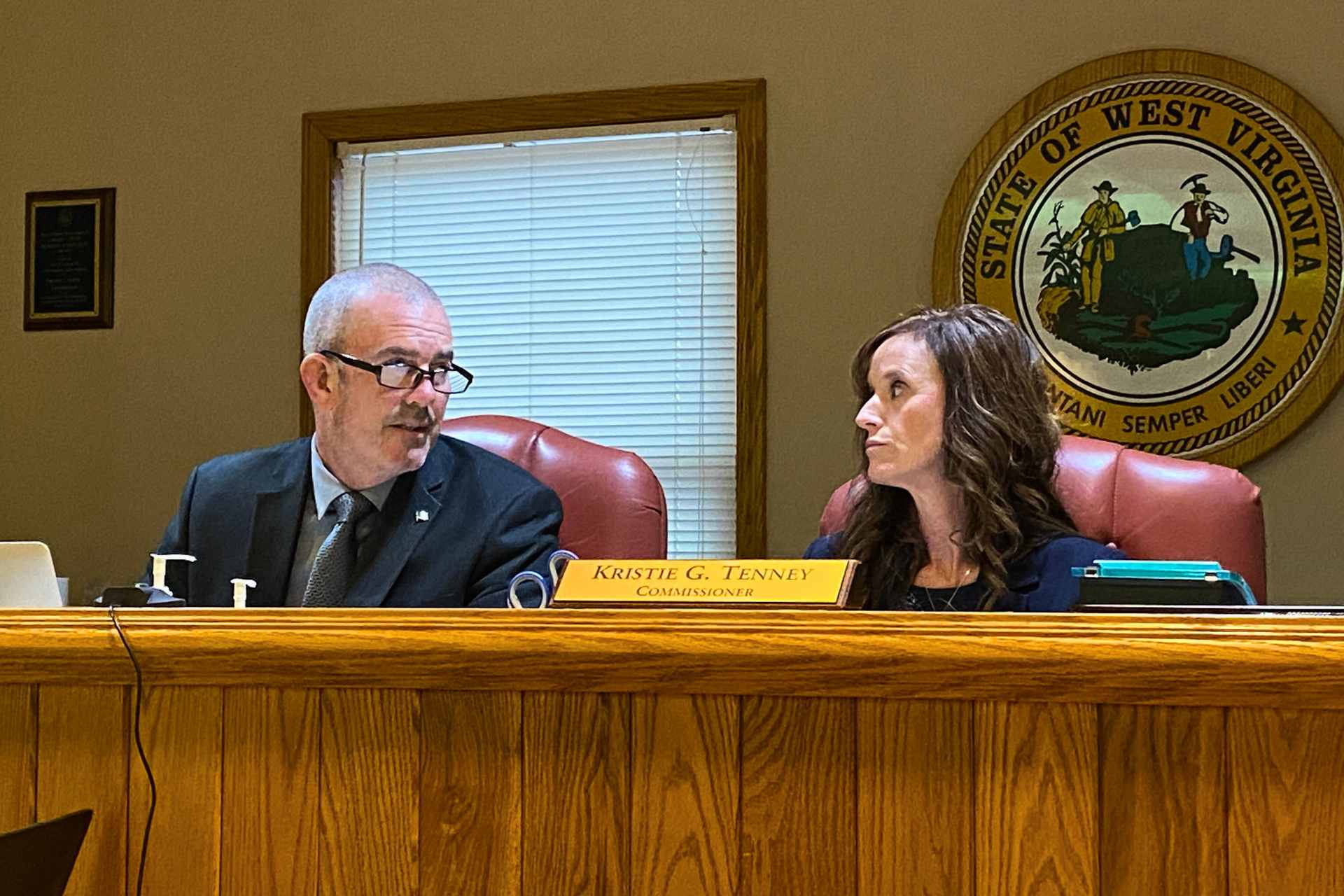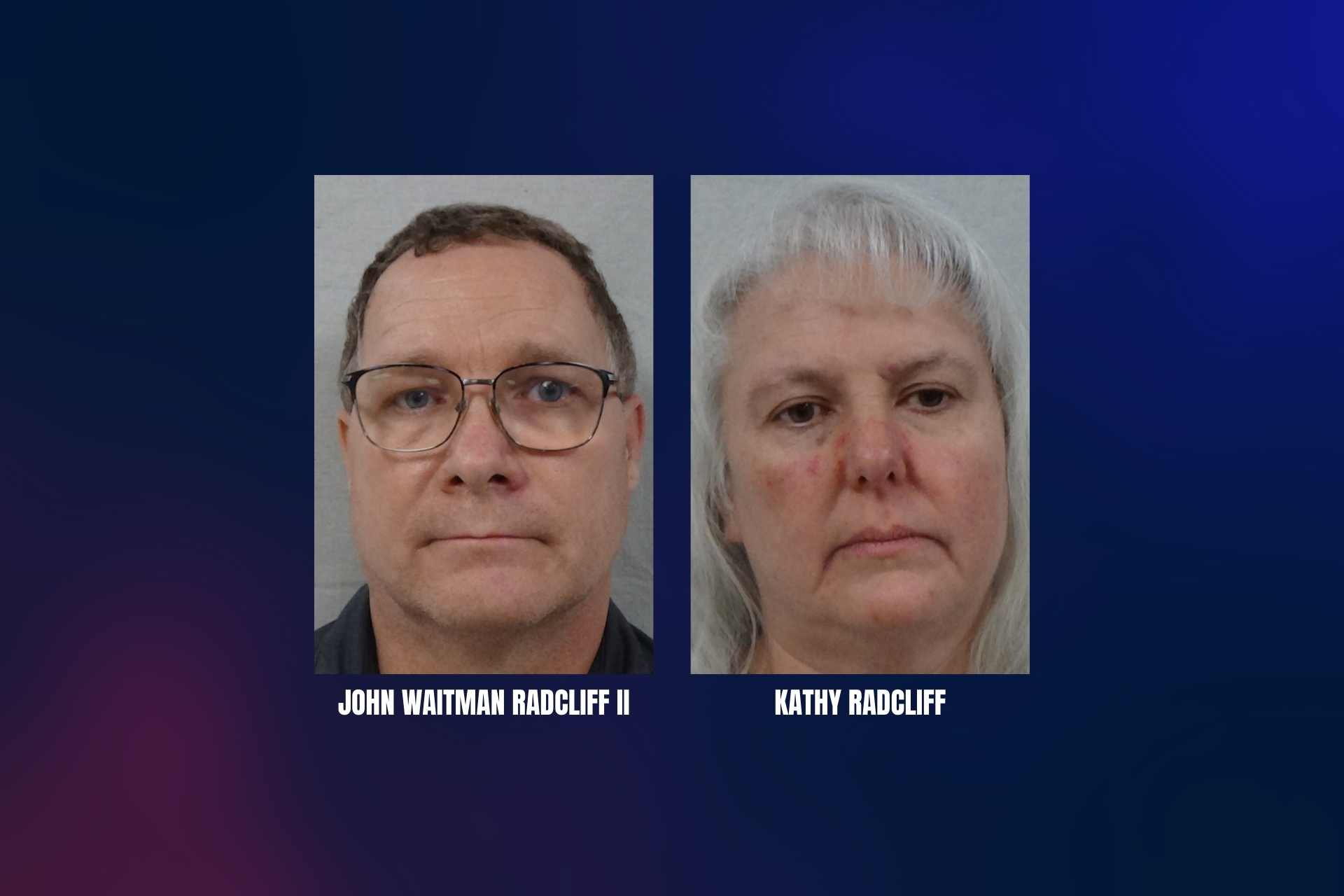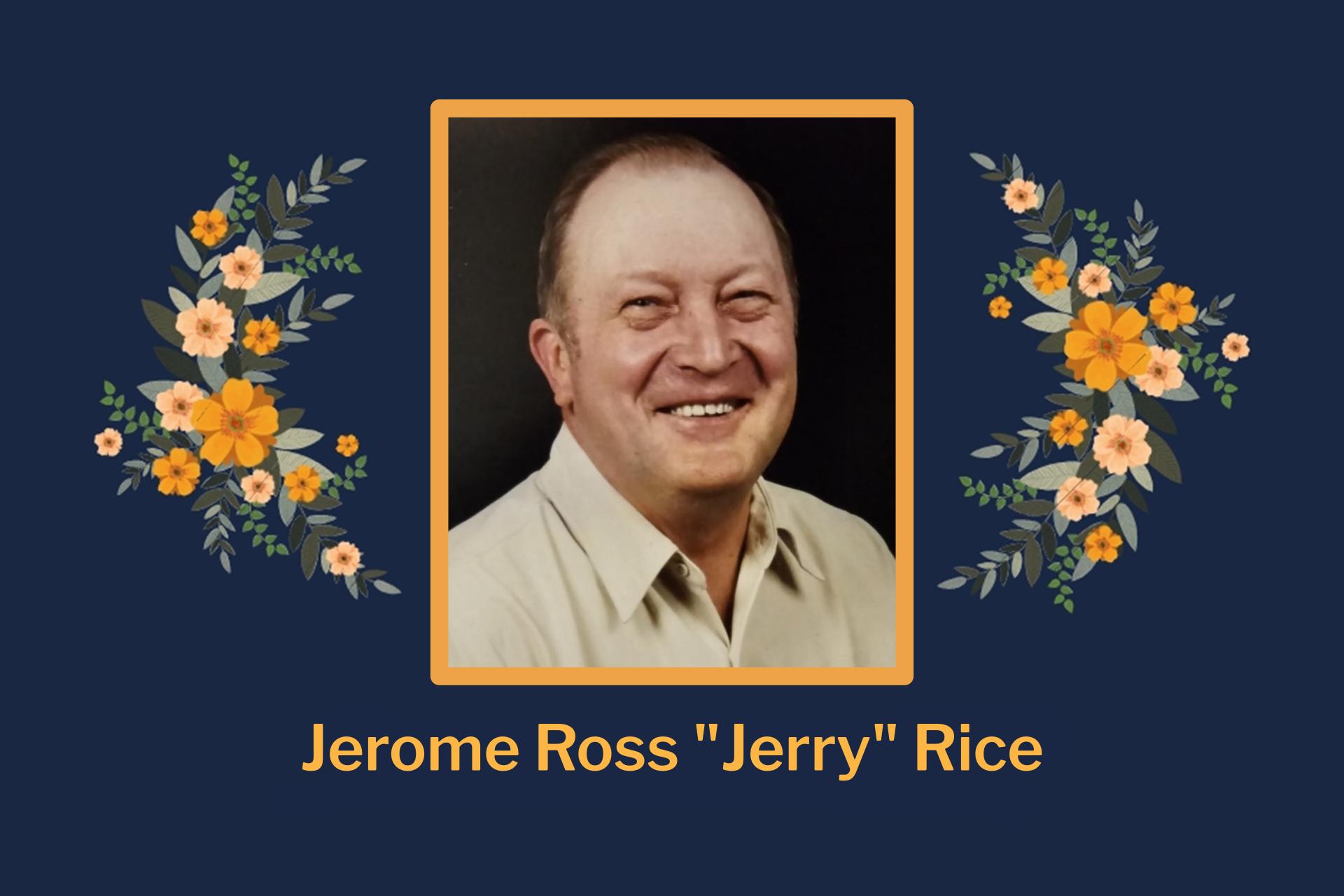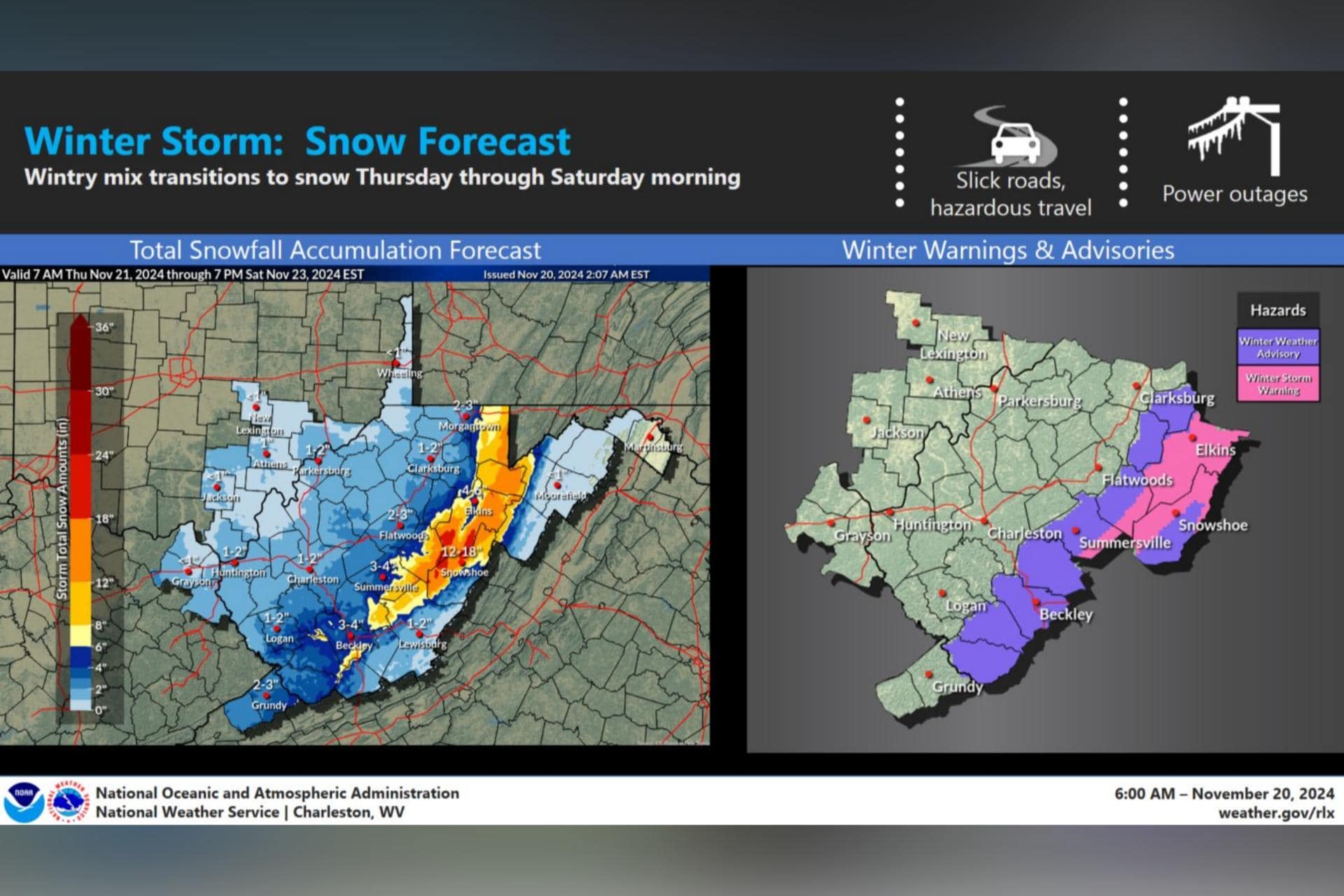The following events happened on these dates in West Virginia history. To read more, go to e-WV: The West Virginia Encyclopedia at www.wvencyclopedia.org.
Oct. 27, 1879: Howard B. Lee was born in Wirt County. He was elected state attorney general in 1924 and served for eight challenging years. His term saw the impeachment of a state auditor, the lawlessness of Prohibition and labor troubles in the coalfields.
Oct. 28, 1929: Painter Charles Lewis “Chuck” Ripper was born in Pittsburgh and later moved to Huntington. He was one of the country’s best-known wildlife artists, with paintings appearing on nearly 100 magazine covers and 80 U.S. postage stamps.
Oct. 28, 1972: Brad Paisley was born in Glen Dale. Paisley has received the Entertainer of the Year award from the Country Music Association, 14 Academy of Country Music Awards and three Grammies.
Oct. 29, 1861: Confederate commander Robert E. Lee ended his ill-fated western Virginia campaign. His three months in the region were marked by rain, mud, inexperienced officers, diseases among the troops and rampant criticism of his leadership.
Oct. 29-30, 2012: Following Hurricane Sandy, heavy wet snow fell across West Virginia. With accumulations approaching 40 inches, it surpassed all previously known October snowstorms.
Oct. 30, 1825: Randolph McCoy was born in Logan County. In 1878, McCoy’s accusation against a cousin of Anderson “Devil Anse” Hatfield for stealing a hog set off a deadly series of events in the Hatfield-McCoy Feud.
Oct. 31, 1877: Herman Guy Kump was born in Capon Springs, Hampshire County. He was the 19th governor of West Virginia, serving from 1933 to 1937.
Oct. 31, 1940: Gale Catlett, West Virginia University basketball player and coach, was born in Hedgesville. Catlett coached WVU to 13 20-win seasons before he retired in 2002.
Oct. 31, 1946: Labor leader Cecil Edward Roberts Jr. was born on Cabin Creek, Kanawha County. A sixth-generation coal miner and a fiery orator, Roberts has served as president of the United Mine Workers of America since 1995.
Oct. 31, 1951: Football coach Nick Saban was born in Fairmont. As a quarterback, he led Monongah High School to a 1968 state championship. He went on to coach Louisiana State University and the University of Alabama to seven national championships (six with Alabama), the most of any coach in history.
Nov. 1, 1688: Morgan Morgan was born in Wales. Traditionally, Morgan was considered the first White settler of West Virginia, but others were likely here first. He settled in the Bunker Hill area in 1731, building a log house that still remains.
Nov. 1, 1848: Israel Charles White was born in Monongalia County. White was West Virginia’s first state geologist, appointed in 1897 and serving until his death in 1927, working without pay for all but two of those years.
Nov. 1, 1961: The first non-commercial radio station in West Virginia, WMUL-FM at Marshall University, began broadcasting.
Nov. 2, 1859: John Brown was convicted of murder, treason and insurrection in the Jefferson County Courthouse at Charles Town. Brown’s raid on Harpers Ferry galvanized the nation, further alienating North and South and drastically reducing any possible middle ground for compromise to avert the Civil War.
Nov. 2, 1952: Tri-State Airport in Wayne County was dedicated, with the first official landing made at 11 a.m. by Piedmont Airlines.
Nov. 2, 1996: Baseball player Toni Stone died. Born in Bluefield, she joined the Negro American League in 1953, becoming the first woman to play pro baseball in a previously all-male major league.
